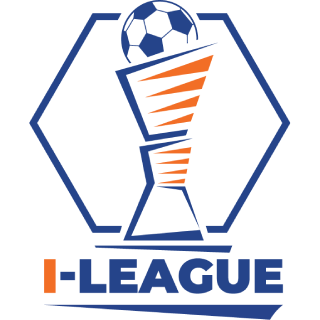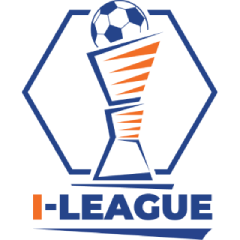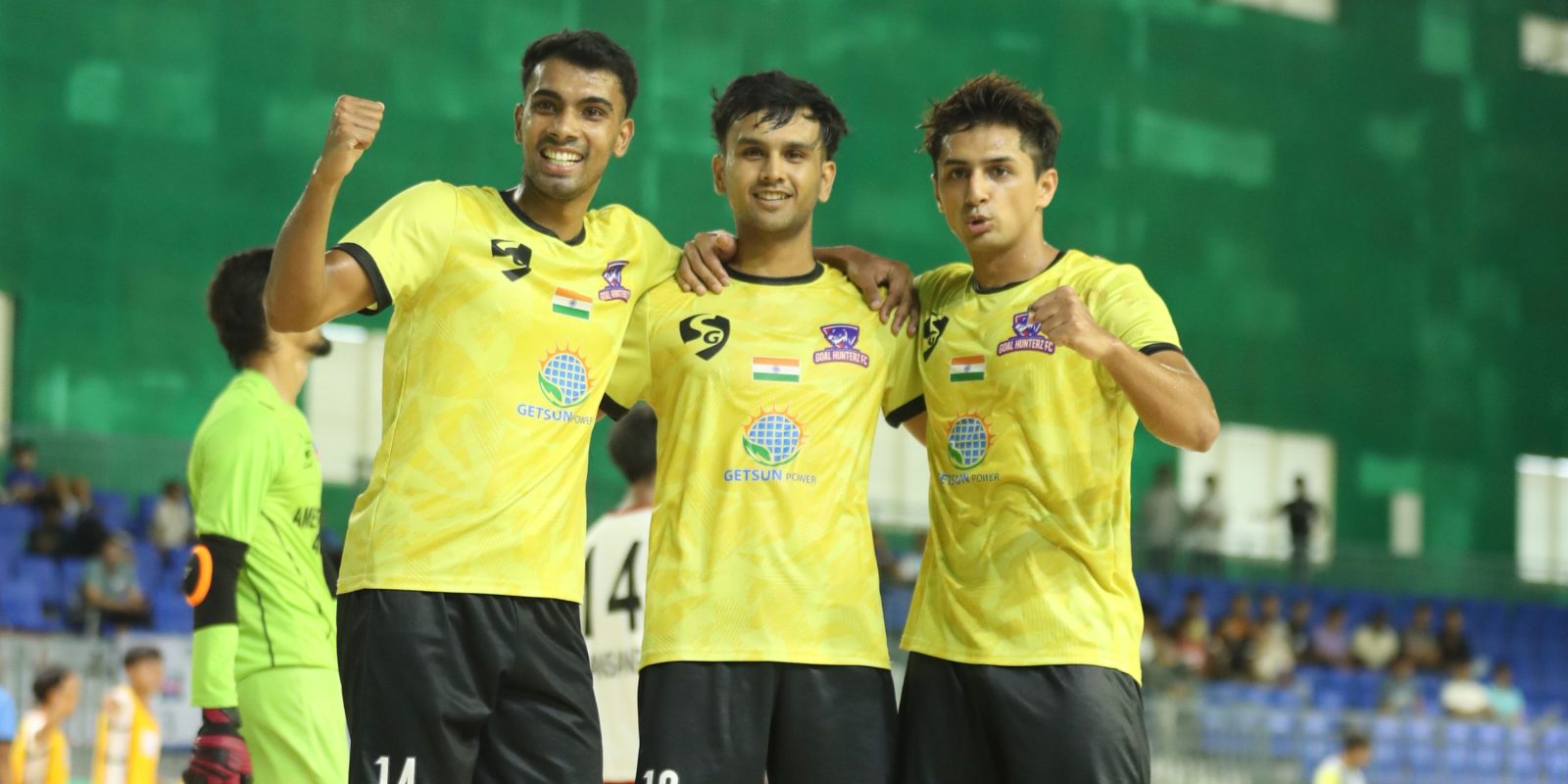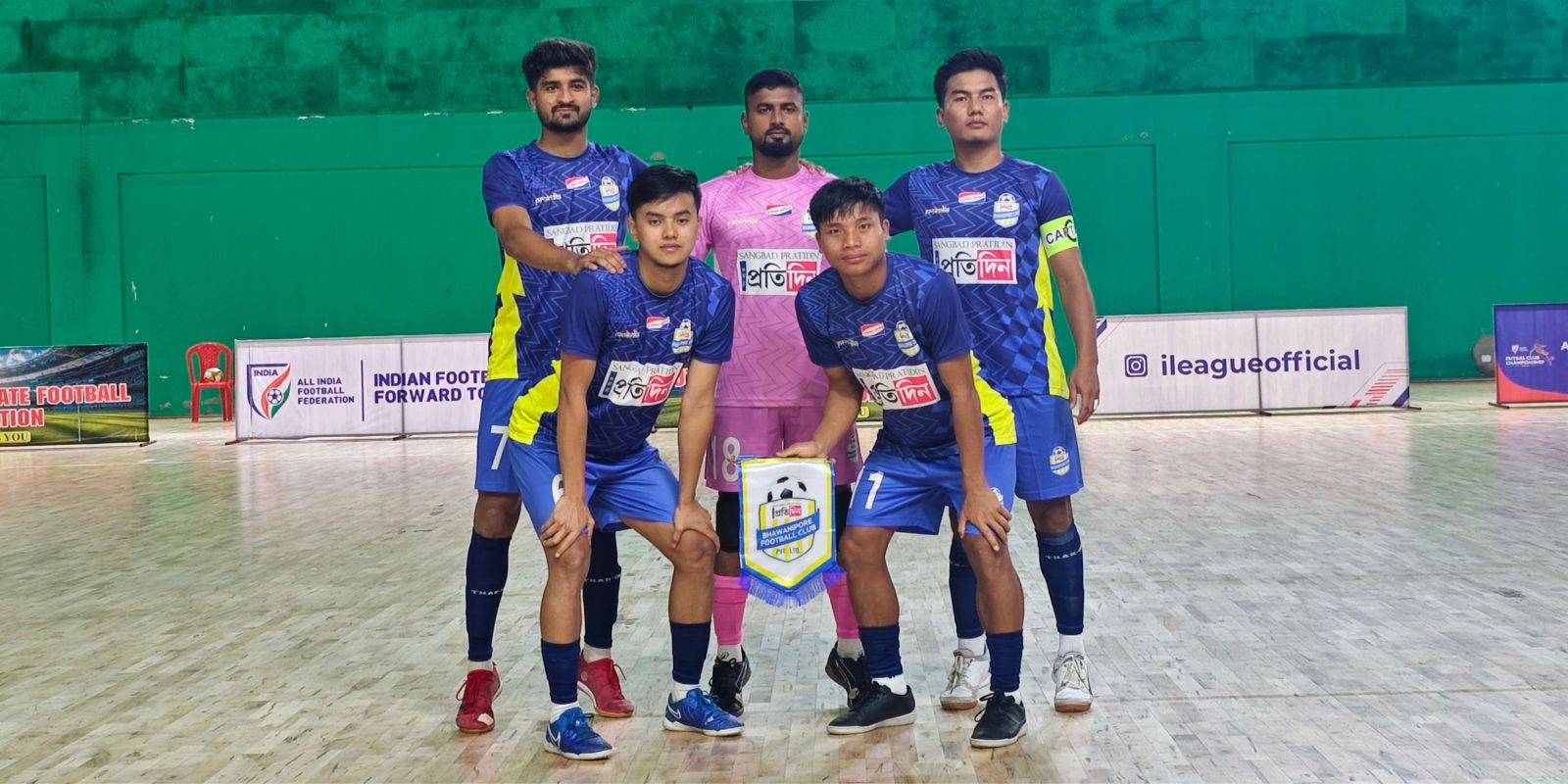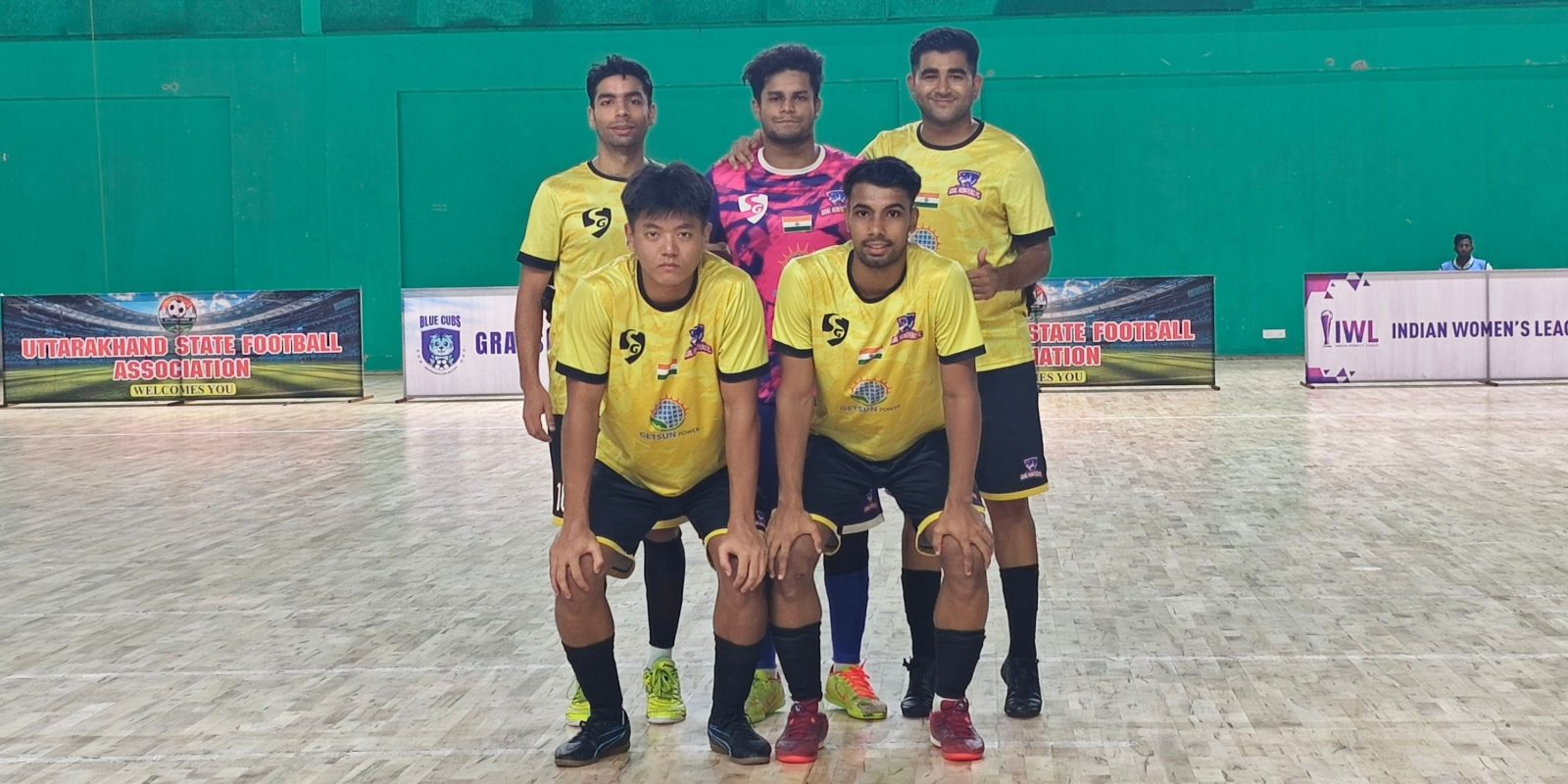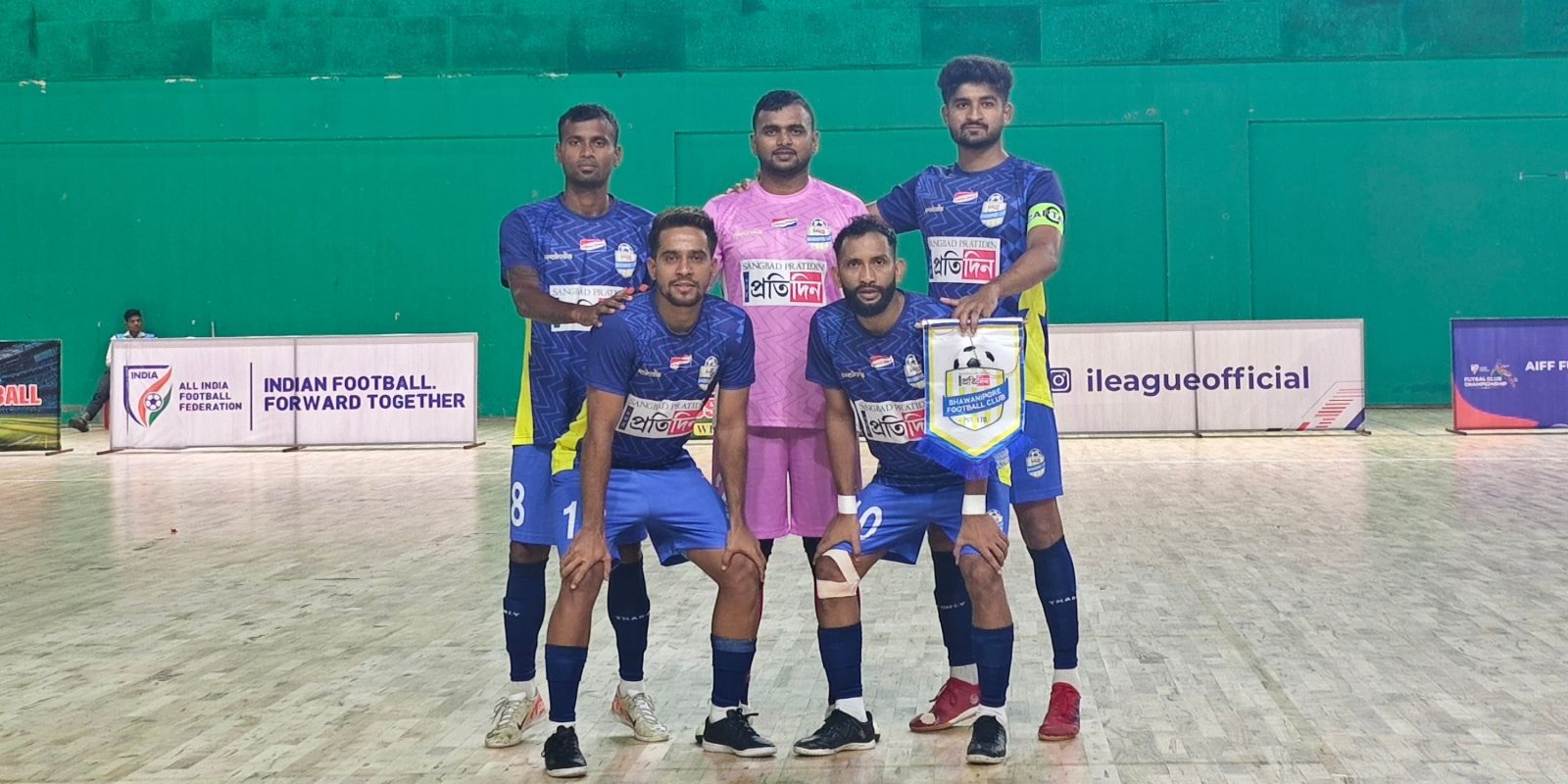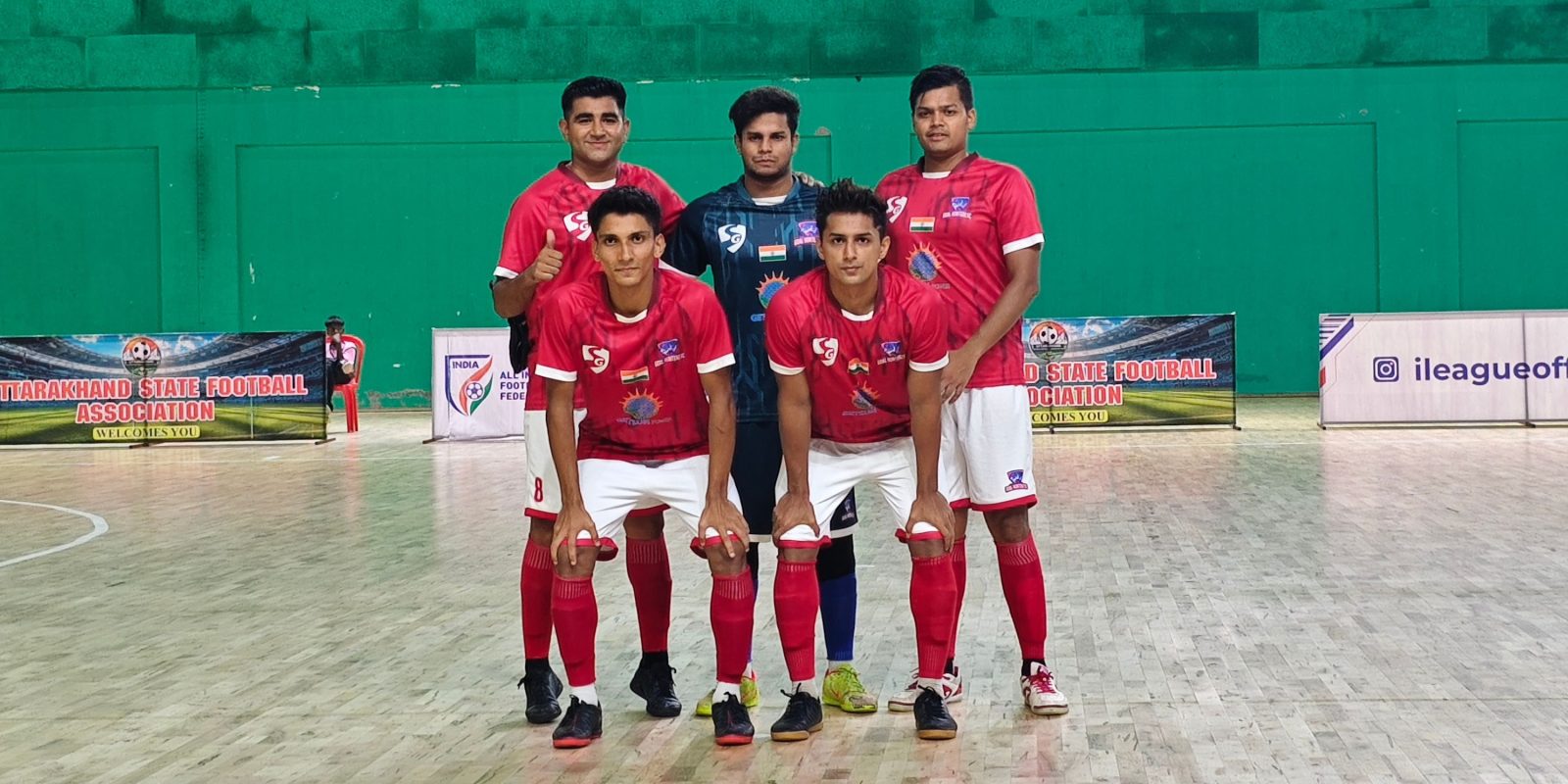
By I-League Media Team
NEW DELHI: Mr. Kushal Das, General Secretary, AIFF feels players charge exorbitant fees in Hero I-League and none other than the clubs suffer much because of the players’ uncompromising behaviour on salaries. He raised a point about putting a salary cap for players in the Hero I-League workshop which was successfully conducted today in the Football House, All India Football Federation and club officials seconded him wholeheartedly. Meanwhile, he voiced that another broadcaster have shown interest to televise the upcoming Hero I-League which might shoot up Hero I-League’s popularity by quite a few times. Twenty six representatives from eleven Hero I-league clubs attended the daylong workshop where many a moot point was delved in.
Mr. Sunando Dhar congratulated McDowell Mohun Bagan, Bengaluru FC and Royal Wahingdoh FC for their tremendous success in the enthralling Hero I-League 2014-15 and Aizawl FC, the newest member of Hero I-League contingent received all the accolades for their triumph in the Second Division League.
2015 will see a giant leap in Indian football history as the Youth U15 League will embark its journey on September, 2015. It’ll comprise of round robin stage followed by knockout phase akin to the current U19 league structure. Mr. Scott O’Donell, Technical Director, AIFF, addressed the club officials about the long term effects of running the league and how a U15 team could be encashed in future.
The topic of marquee player was put forward in the afternoon session which was welcomed by the club officials, but they have collectively requested to unchange the marquee criteria till next season. AIFF technical team will have further discussion amongst themselves on this matter and they’ll get back to the clubs with clearer views. Club officials, who attended the workshop, were asked to nominate a three-member team who could coordinate with AIFF Technical team and liaison with Hero I-League clubs. The three-member core team would coordinate directly with the AIFF Technical team comprising of Mr. Kushal Das, Mr. Scott O’Donell, Mr. Stephen Constantine, Mr. Sunando Dhar and I-League department.
The financial changes in the Club Licensing Criteria were discussed by none other than two eminent Chartered Accountants who highlighted the vital points covering the financial issues. The salary of the club employees as well as players, coach and other technical persons should not exceed 65% of the total allocated budget of the season. Moreover, no payable overdue would be entertained after 31st December of the year preceding the season to be licensed. A strict deadline of 31st March, 2015 will be maintained and clubs should adhere to the date to submit the required documents e.g. Audit Report, Director’s Report, Balance Sheet, Cashflow, List of Employees, Detailed Outline of Salary, Infrastructure Development Plan and many more.
The following session was directed to discuss the alterations in the Indian Club Licensing Regulations for the season 2016-17, which the clubs need to start working on right now. Unlike the current team pyramid for each club, the club must overhaul the system and they should come up with four separate age-specific squads for U13, U15, U18 and U20 prodigies. Grassroots development program must be emphasised and clubs must bank on the youngsters to hone their skills. Sports integrity, laws of game, doping and all of these vulnerable issues would be taught to those prodigies so that they could be honed on a whole and be educated enough about these issues which could prove fatal for their professional career. Clubs are being encouraged to appoint one goalkeeper coach and one fitness coach for the senior team to improve their performances. In addition to these appointments, clubs must deploy one Administration Officer and Match Operations Officer to smoothen the matchday processes. Marketing aspect needs to be inculcated in the detailed budget plan and the club needs to spend not less than 5% of their total allocated budget.
Mr. Kushal Das and Mr. Sunando Dhar have shown their concerns about the upcoming state elections in West Bengal while organising matches in Kolkata might be a Herculean task and the respective clubs, McDowell Mohun Bagan and Kingfisher East Bengal are directed to follow up with AIFF as and when they get notified about the election schedule to confront the issue with aptness. Neither the AIFF nor the clubs are separate entities, but they are inseparable segments of a family which must work together to revive the Indian football, it is the sole goal which needs to be accomplished.
